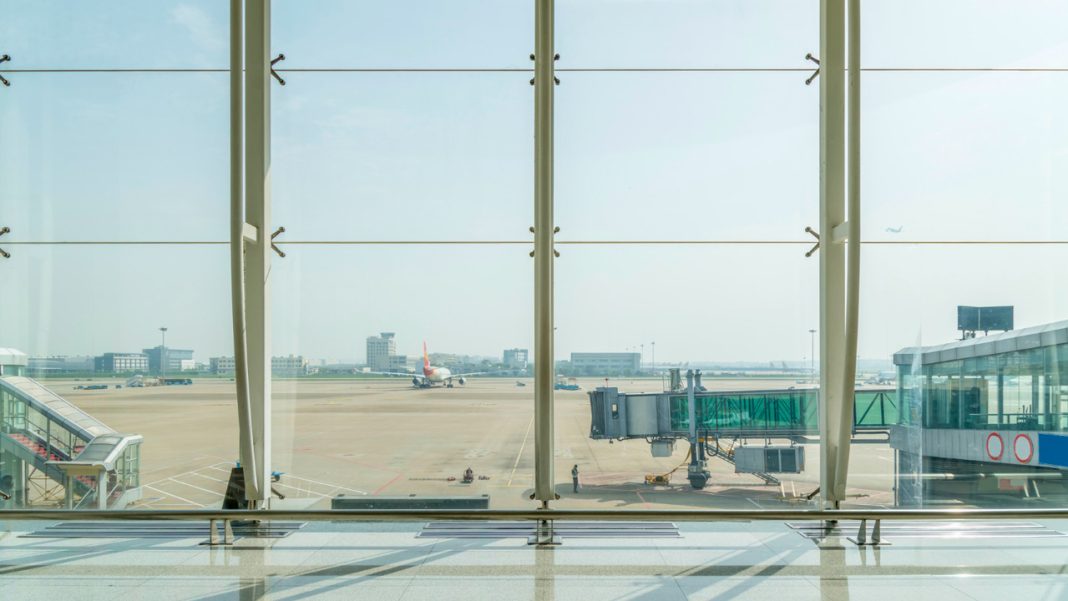A New Fiscal Authority in the Making
President Prabowo Subianto has proposed the establishment of a National Revenue Agency (Badan Penerimaan Negara, BPN), a central authority directly under the president, led by a minister-level head. Its mission is to unify and optimize state revenues across sectors, plug fiscal leakages, and strengthen the government’s ability to mobilize resources.
While this may sound like a technical reform in taxation and non-tax revenues, the implications for Indonesia’s aviation industry are far-reaching. Aviation is not merely a source of direct taxes and fees; it is a strategic enabler of connectivity, tourism, trade, and investment. The way BPN reshapes fiscal flows could directly affect airlines, airports, air navigation providers, general aviation, and the vast supply chain that supports them.
The central question is simple yet profound: will BPN become a catalyst for efficiency and growth in aviation, or will it add a new bureaucratic burden on an industry still recovering from the pandemic?
How Aviation Contributes to State Revenue
Aviation contributes to state coffers through several channels:
- Taxes: corporate income tax from airlines, VAT on tickets, and import duties on aircraft and spare parts.
- Non-Tax State Revenues (PNBP): air navigation fees, aircraft registration, certification, and personnel licensing.
- Concession and royalties: from airports operated under public-private partnerships.
- Regional levies: linked to aviation services such as parking or permits.
Although its direct fiscal share is modest compared to mining or energy, aviation’s multiplier effect is immense: every rupiah collected generates multiple rupiah in tourism, commerce, and logistics.
The Potential Upside of BPN
If designed well, BPN could bring four key benefits to aviation:
- Integrated Data and Transparency: Currently, revenue collection in aviation is fragmented across ministries and agencies. A unified system could provide clearer insights, enabling evidence-based fiscal policy.
- Reduced Bureaucratic Burden: Airlines often face multiple agencies when handling fiscal obligations. BPN could act as a one-stop authority, lowering compliance costs.
- Strategic Incentives: With direct reporting to the president, BPN could craft tax incentives to attract investment: reduced import duties for maintenance, repair, and overhaul (MRO), tax holidays for aviation training centres, or green incentives for sustainable aviation fuel (SAF).
- Leakage Prevention: By deploying digital platforms, perhaps even blockchain-based ledgers, BPN could close loopholes in non-tax revenue collection and minimize corruption risks.
The Risks and Challenges
Still, the aviation industry must prepare for potential pitfalls:
- Over-Regulation: If BPN adds another layer of bureaucracy rather than simplifying processes, operators could face heavier compliance burdens.
- Jurisdictional Overlap: Aviation is already regulated by the Ministry of Transportation and the Directorate General of Civil Aviation (DGCA). Fiscal oversight by BPN must not interfere with technical safety oversight, or conflicts may arise.
- Excessive Fiscalization: If BPN prioritizes short-term revenue targets, higher taxes or fees could increase ticket prices, reduce competitiveness, and deter investment.
- Centre-Region Tensions: Aviation revenues are unevenly distributed across regions, with hubs like Bali and Jakarta contributing disproportionately. Unless BPN ensures fair revenue-sharing formulas, local governments may resist.
Global Lessons
Other countries offer useful comparisons:
- Singapore: integrates aviation revenue collection under the Civil Aviation Authority of Singapore (CAAS) but balances it with pro-investment tax policies.
- United Arab Emirates: maintains a low-tax, high-service regime that attracts global aviation players while ensuring robust infrastructure investment.
- United States: channels aviation-related revenues into the Airport and Airway Trust Fund, reinvesting directly into aviation infrastructure.
The clear lesson: fiscal collection must go hand-in-hand with reinvestment in aviation capacity.
Policy Recommendations
To ensure BPN strengthens rather than weakens aviation, three steps are critical:
- Stakeholder Dialogue: BPN should consult with airlines, airports, navigation providers, pilots, and passengers before introducing new fiscal schemes.
- Digital Integration: Fiscal transactions in aviation must be digitized and interconnected in real time between BPN, DGCA, and the Ministry of Finance.
- Balanced Incentives: BPN should adopt a “just culture” in fiscal management: penalize deliberate evasion but allow corrective mechanisms for administrative errors. It should also design green incentives, reinvesting part of aviation revenues into sustainable fuel, training, and infrastructure.
A Double-Edged Reform
The creation of a National Revenue Agency marks a bold fiscal reform. For aviation, the stakes are high: a well-implemented BPN could deliver efficiency, transparency, and sustainability. A poorly designed one could suffocate growth through over-regulation and fiscal overreach.
Indonesia must avoid treating aviation solely as a revenue cow. Instead, BPN should see it as a strategic enabler of national growth. If fiscal collection is balanced with reinvestment, the country can strengthen both its fiscal sovereignty and its aviation competitiveness.
In the end, the choice is not between revenue and growth—it is about ensuring revenue fuels growth. For aviation, that means keeping the skies open, safe, and competitive, while making sure every rupiah collected contributes to Indonesia’s long-term journey toward global aviation leadership.

